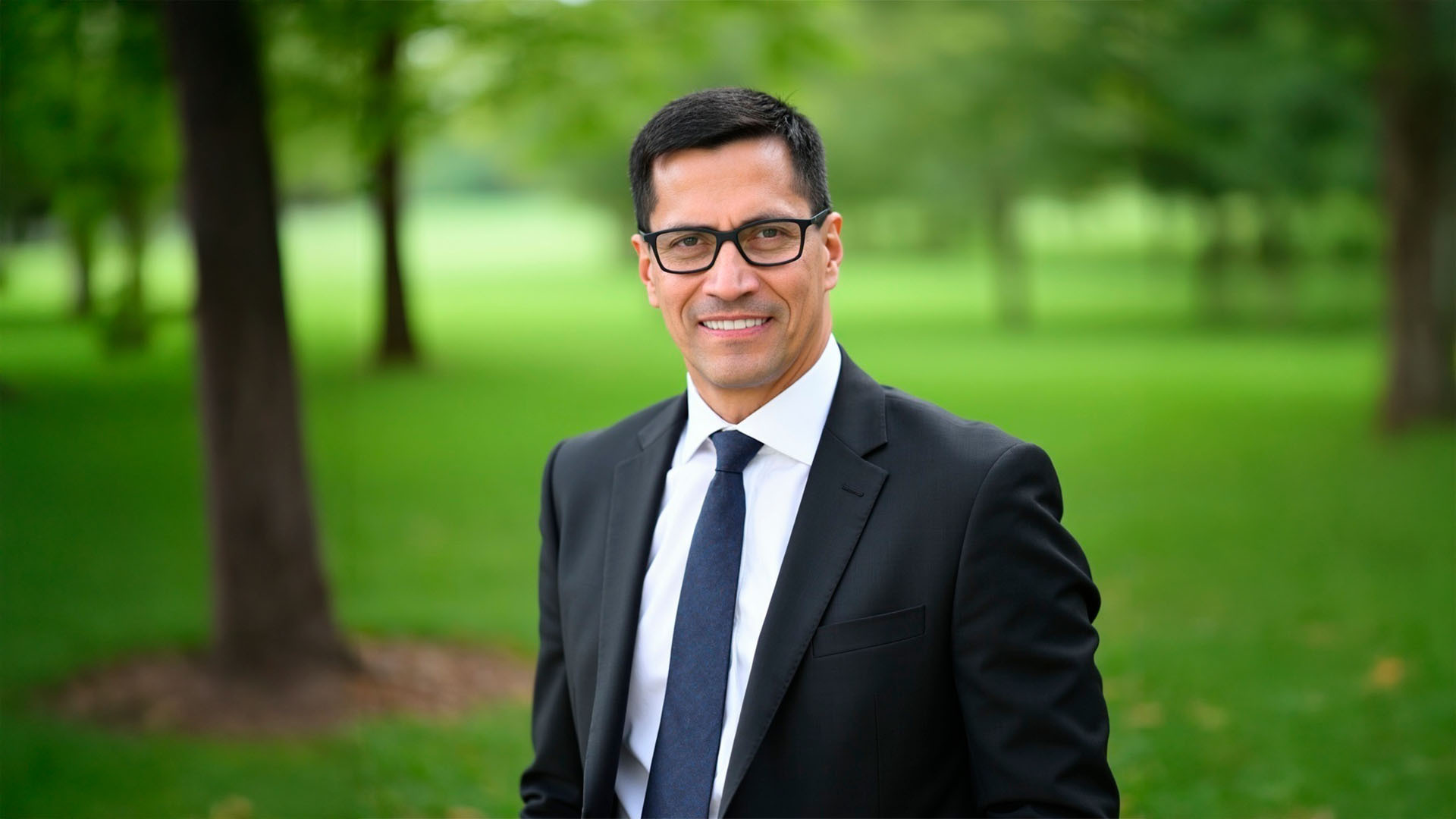In the dynamic world of investment management, maintaining peak performance isn’t just about making the right investment decisions—it’s about continuously adapting and improving. Juan Espinoza, a veteran investor with over two decades of experience in global markets, shares his insights on how regular feedback loops can prevent blind spots and drive superior performance.
Creating a Culture of Continuous Feedback
“The biggest risk in any professional’s career isn’t in making mistakes—it’s in not knowing you’re making them,” Juan begins. With experience co-managing multi-billion dollar portfolios at firms like Wellington Management and Oaktree Capital, he’s seen firsthand how feedback can make or break performance. “Investment management is unforgiving. Markets provide immediate feedback through returns, but personal and professional growth requires more nuanced input.”
Beyond Annual Reviews
Traditional annual reviews, Juan argues, are insufficient for today’s fast-paced environment. “Waiting for scheduled reviews creates unnecessary blind spots. The most successful professionals I’ve worked with actively seek feedback after important meetings, presentations, or investment decisions.” He emphasizes the importance of real-time feedback: “If you wait too long, valuable insights get lost. The details fade, context disappears, and the opportunity for immediate course-correction or improvement vanishes.”
Building Effective Feedback Loops
When asked about implementing effective feedback systems, Juan outlines several key principles:
“First, partner with trusted colleagues who will give honest, constructive feedback. These relationships need to be reciprocal—you must be willing to provide the same level of thoughtful insight you’re seeking.”
“Second, implement systematic quality control. This means having clear processes for reviewing work, documenting decisions, and evaluating outcomes. In investment management, we usually write detailed investment memos and post-mortems, but this principle applies across industries.”
“Third, maintain a structured self-improvement plan that evolves with your progress. Without structure, feedback becomes noise rather than actionable insight.”
Overcoming Feedback Barriers
One common challenge is the natural resistance to criticism. “Nobody enjoys hearing about their shortcomings,” Juan acknowledges. “But I’ve learned to reframe feedback as a tool for growth rather than criticism. When someone takes the time to provide thoughtful feedback, they’re investing in your success.” He suggests specific strategies for soliciting feedback: “Frame requests around business objectives rather than personal validation. Instead of asking ‘How did I do?’ try ‘What could we have done differently to make this project more successful?'”
Managing Feedback Effectively
The volume of feedback can become overwhelming without a system to process it. Juan recommends a methodical approach:
“Break down feedback into actionable steps. Identify patterns and themes. Create measurable milestones. Most importantly, schedule follow-up discussions to ensure accountability.” He adds, “Document both positive and negative feedback. Understanding what works is just as important as knowing what needs improvement. And, if a supervisor has poor bedside manners and delivers feedback with sharp wording, take the information with maturity and see it as motivation to be better at communicating in delicate situations. Don’t let it bring you down.”
Looking Forward
For professionals early in their careers, Juan emphasizes the importance of building these habits from the start: “Schedule quarterly feedback sessions. Keep a feedback journal. Build a diverse network of mentors. These aren’t just good practices—they’re essential for long-term success.” He concludes by saying that “feedback isn’t about validation—it’s about continuous improvement. In today’s rapidly evolving business environment, the ability to adapt and improve based on feedback isn’t just helpful—it’s survival.”
Juan C. Espinoza is the founder of JE Fundamentals, a start-up dedicated to developing digital courses that help investment analysts thrive in their careers and enjoy the work they do. Discover more about Juan’s approach at jefundamentals.com.










